Black Stone Flower, or Dagad Phool, is also referred to as Kalpasi and Patthar Ke Phool. You may benefit from the Black Stone Flower's distinctive and wonderful flavour and taste in addition to the positive effects it has on your health.
Patthar ke phool, or black stone flower, is a wonderful flavour enhancer that may be used when cooking.To grow this tasty fungus on trees and rocks does not take much work or fertiliser. It spontaneously multiplies on the surfaces of trees, rocks, and stones.
Traditional medical practitioners have faith in its curative powers despite the lack of definitive evidence from the scientific community.
Table of Contents
What is Dagad phool?
- Dagad phool, often called "black stone flower," is a kind of lichen that is commonly used as a seasoning in Indian cooking.
- Unique among plants, lichens include a symbiotic relationship between a fungus and an alga, two seemingly unrelated creatures. The Northern and Southern Hemispheres both have dagadful seasons.
- Dagad Phool is a perennial plant that may be utilised for both culinary and medicinal reasons. Dagad Phool, also known as black stone flower, is a mineral with a greenish hue (yellowish-white on top and black on the bottom surface) that imparts the trademark black colour to several Indian spices.
Nutritional value of Dagad phool:
- Dagad phool is said to have aphrodisiac qualities in addition to those listed above (astringent, resolvent, laxative, carminative).
- It helps with a wide variety of conditions, including herpes simplex, bronchitis, hypersalivation, toothache, boils, inflammations, seminal deficiency, spermatorrhea, amenorrhea, dyspepsia, calculi, and blood problems.
- Heart conditions, stomach issues, an enlarged spleen, piles, scabies, leprosy, and chronic pain are just some of the conditions that benefit from this therapy.
- Inhaling the smoke from the medication is said to alleviate headache pain, and the powder is used to treat cuts and scrapes.
Taste of Dagad phool:
- Dagad phool is harsh when consumed solo. Those who have tried it have described the flavour as sharp and astringent. However, it adds a delicious smoky flavour when cooked and used in a dish.
- Dry ground kalpasi has hardly any scent and needs to be roasted in a tiny bit of oil to release its true and complete aroma.
Ayurvedic properties of Dagad phool:
- Tikta (pungent) Rasa, Kasaya (savoury) Rasa (astringent)
- Light (Laghu), Knowledge (Snigdha) are all examples of the properties (Guna) that make up this word (slimy)
- "Virya" (Potency) - "Sheet" (cold)
- Post-Digestive Effect (Vipaka): Katu (bitter)
- Karma (Impact on dosha/disease): Hrdya (Heart disorders), Pittahara (Inflammation), Stambhaka (An aphrodisiac), and Kapha-pitthara (Congestion).
Culinary use of Dagad phool:
- Essential to the preparation of Goda Masala, a staple of Maharashtrian cooking.
- It is used extensively in both Lucknawi Potli and Maharashtrian Kala (Black) masala.
- It's a must-have in Malvani Masala, Bottle Masala, and even North Indian Garam Masala from the Indian subcontinent.
- Additionally, kalpasi is frequently used as a thickening agent in soups.
- Non-vegetarian dishes like Nalli Nihari and Biryani rely heavily on it as well.
- This lichen is used to produce marinades in Chettinad cuisine as well.
- In addition to enhancing the flavour and perfume of food, the Black Stone Flower also possesses a number of modest therapeutic properties.
- For millennia, the Parmotrema Perlatum plant has been advocated by practitioners of Ayurveda and Siddha medicine as a remedy for a variety of conditions.
Health benefits of Dagad phool or stone flower:
- Effective in the Treatment of Kidney and Bladder Disorders
Because of its potent kapha balancing properties and good diuretic qualities, which aid in the easy evacuation of urine and liquid wastes from the body, stone flower is very useful in treating cases of kidney stones. Additionally, it is commonly used in traditional ayurvedic formulations for the treatment of urolithiasis, or the growth of stones in the bladder or urinary system, as well as UTI, or urinary tract infection, and dysuria, or uncomfortable urination.
- Heals Damaged Cells
Stone flower, also known as patthar phool, is an excellent anti-inflammatory herb that speeds the recovery of damaged skin and other superficial tissues. Furthermore, it has powerful antibacterial qualities that prevent infections from developing on the open wounds. Applying a paste made from crushed stone flower and coconut oil on a regular basis has been shown to hasten the healing of wounds and reduce the appearance of scars.
- Reduces the Impact of Asthma
Patthar Phool is loaded with potent decongestant antioxidants. Asthma sufferers often get relief from wheezing, chest tightness, shortness of breath, chest discomfort, and airway blockage by using this technique. Symptoms of asthma can be alleviated by eating a meal like curry or dal that has been infused with a large amount of stone flower and then thoroughly cooked.
- Protects Stomach Acidity
Stone flower, with its great "Sheeta" or cooling ability, has been used traditionally to treat gastritis. This is because it helps reduce the Pitta dosha, or excessive heat and acidity, in the digestive system. It also has remarkable antibacterial properties that help with inflammation, stomach, and intestinal ulcers brought on by bacteria.
- Benefits cardiovascular health
Hypertension (also known as high blood pressure) and atherosclerosis are only two of the many cardiac diseases that stone flower has been shown to treat successfully in ayurvedic practise. Similar to the powerful herb Arjuna, the phenolic antioxidants in stone flower powders and decoctions help to keep blood vessels clear of the dangerous fats of triglycerides and bad LDL cholesterol while simultaneously raising the levels of good HDL cholesterol in the blood.

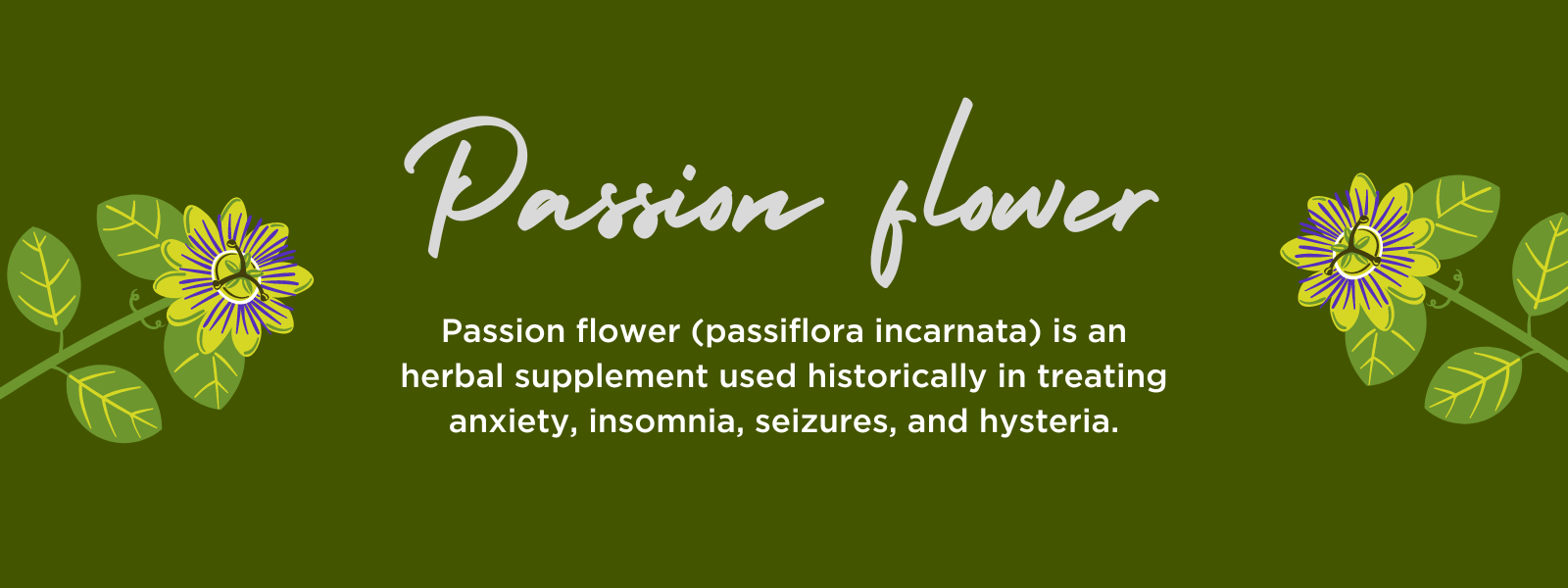

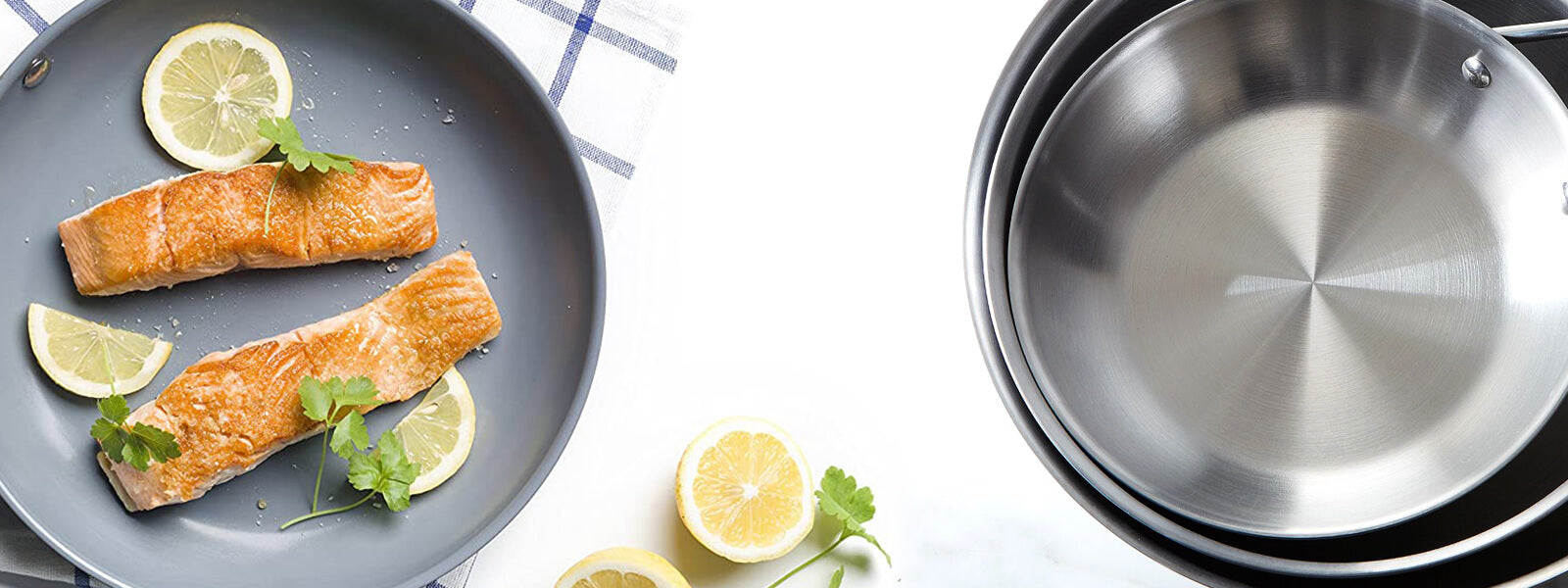
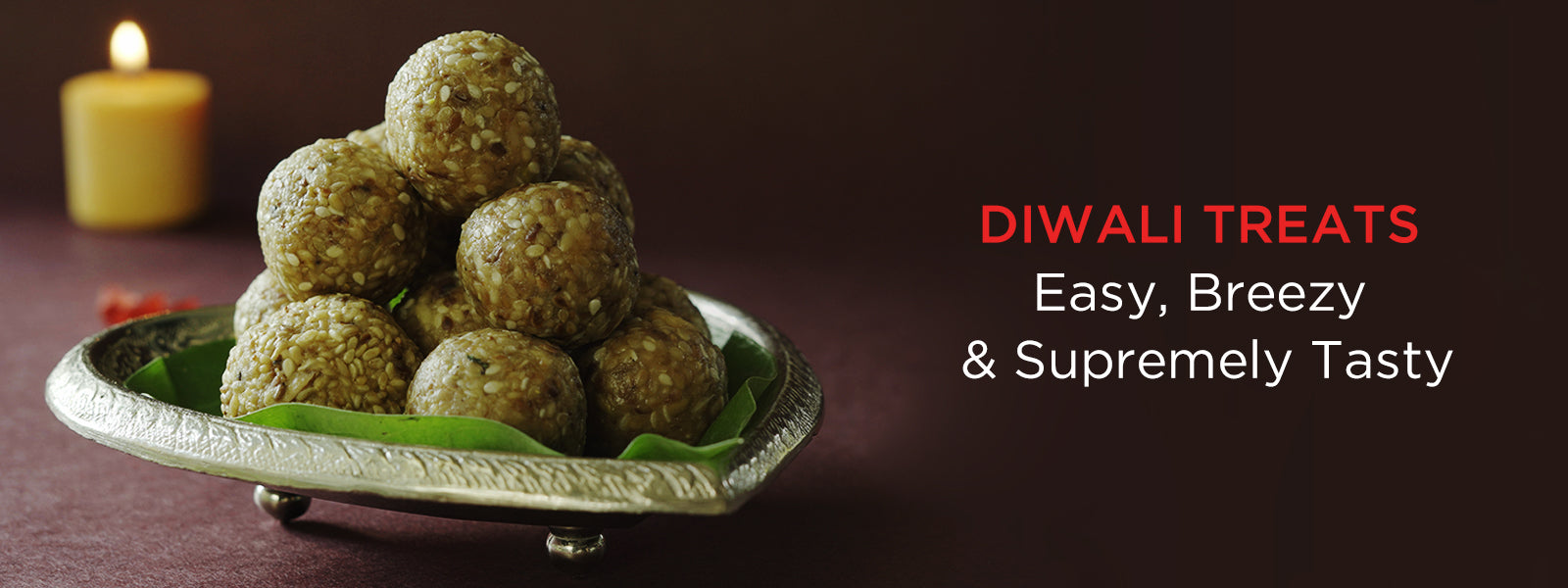
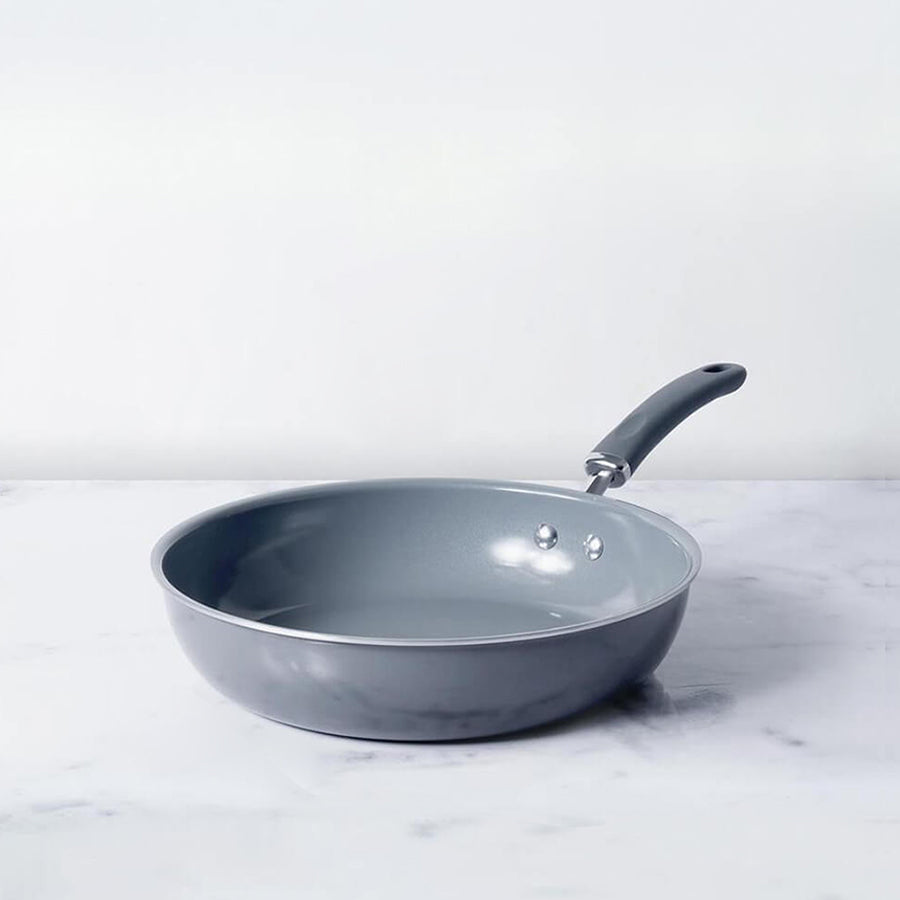
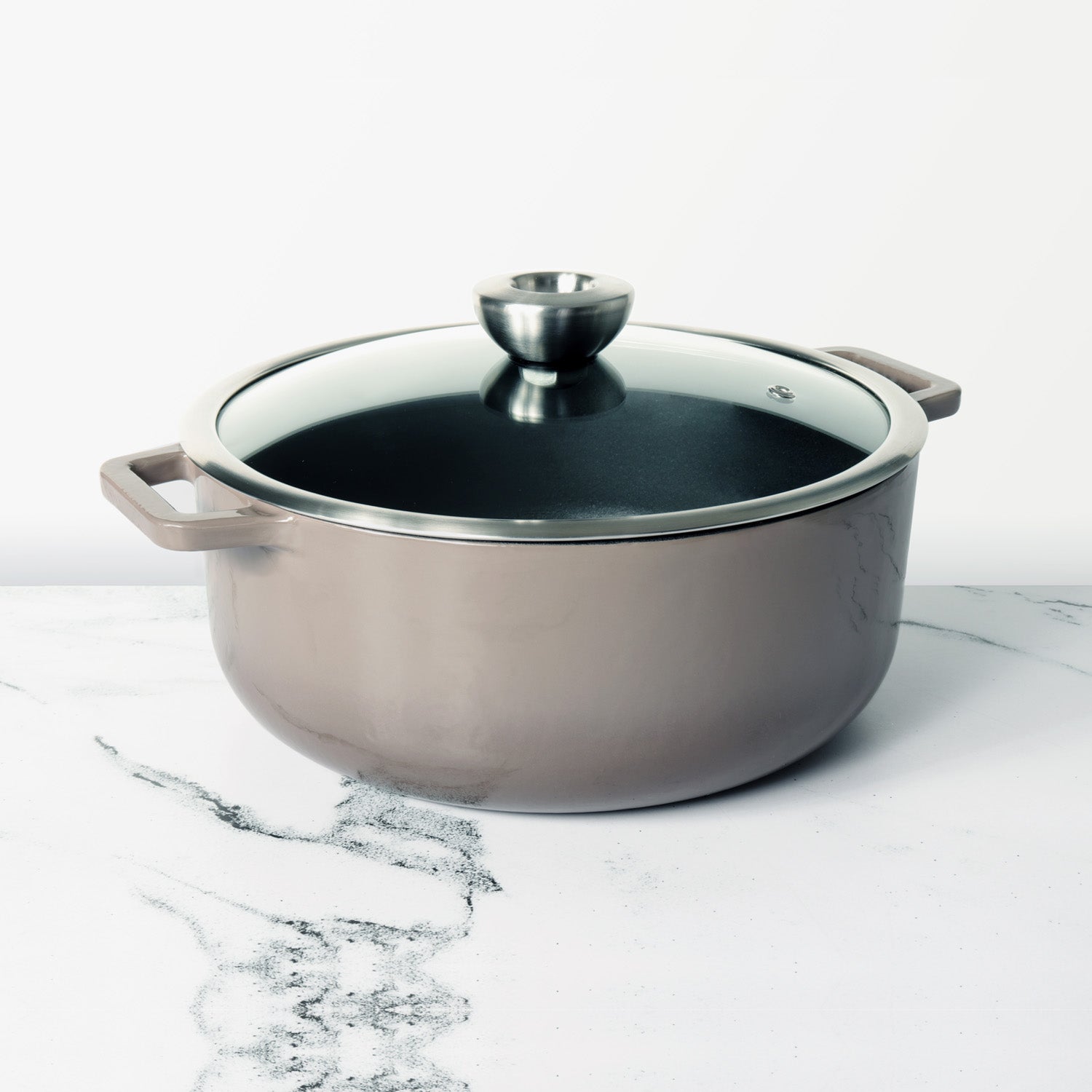




Leave a comment